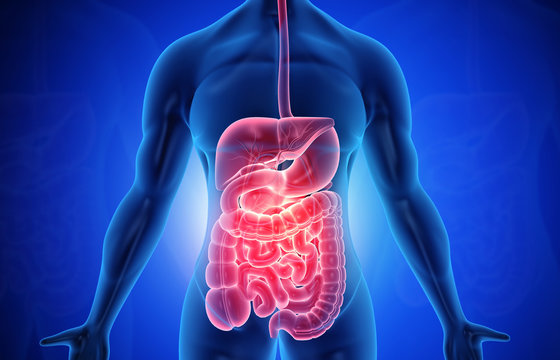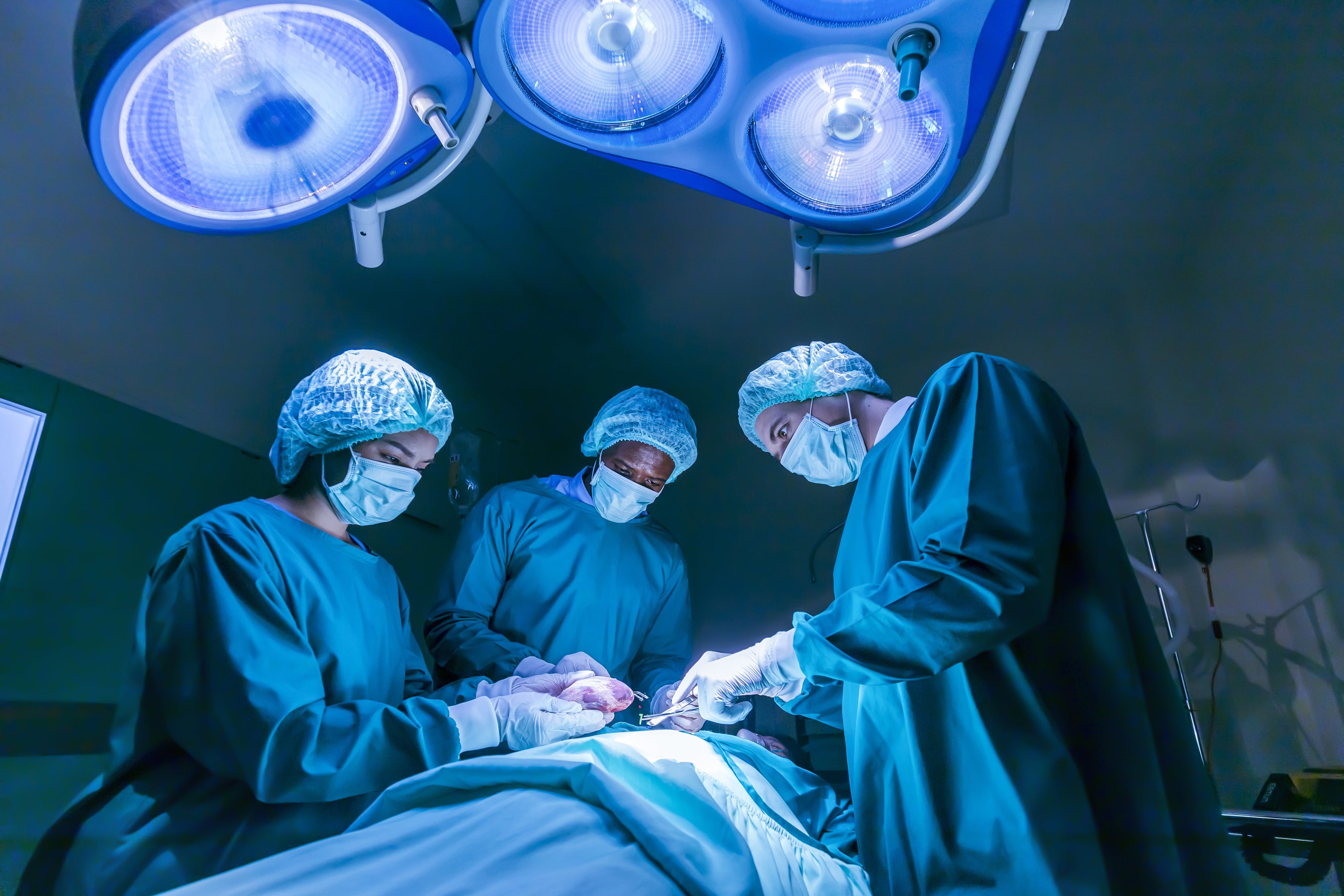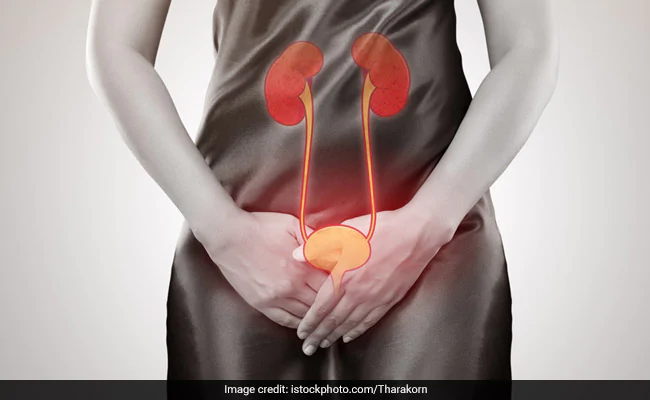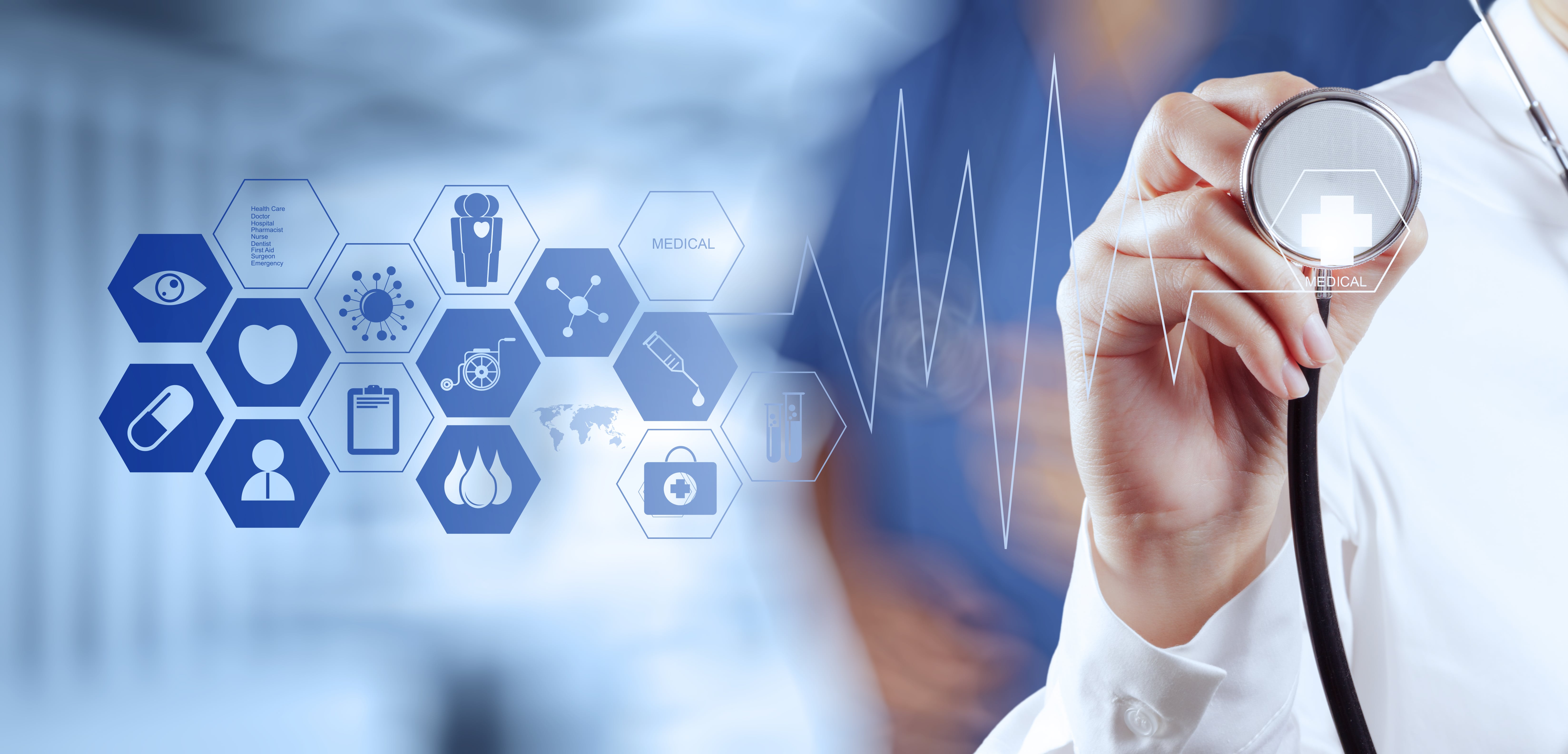- Our Doctors
- Our Specialities
Centres of Excellence
-
 Centre for Blood Diseases, BMT & Cancer Immunotherapy
Centre for Blood Diseases, BMT & Cancer Immunotherapy -
 Centre for Bone, Joint & Spine
Centre for Bone, Joint & Spine -
 Centre for Critical Care Medicine and ECMO Services
Centre for Critical Care Medicine and ECMO Services -
 Centre for Gastrosciences
Centre for Gastrosciences -
 Centre for Heart & Vascular Care
Centre for Heart & Vascular Care -
 Centre for Nephro-Urosciences
Centre for Nephro-Urosciences -
 Centre for Neurosciences
Centre for Neurosciences -
 Centre for Obstetrics and Gynaecology
Centre for Obstetrics and Gynaecology -
 Centre for Organ Transplantation
Centre for Organ Transplantation
Super Speciality
-
 Advanced Diagnostic and Interventional Radiology
Advanced Diagnostic and Interventional Radiology -
 Anesthesiology & Pain Management
Anesthesiology & Pain Management -
 Clinical Nutrition and Dietetics
Clinical Nutrition and Dietetics -
 Dental and Maxillofacial Surgery
Dental and Maxillofacial Surgery -
 Dermatology
Dermatology -
 Emergency and Trauma
Emergency and Trauma -
 Endocrinology and Metabolic Disease
Endocrinology and Metabolic Disease -
 ENT and Head & Neck Surgery
ENT and Head & Neck Surgery -
 Family Medicine
Family Medicine -
 General and Laparoscopic Surgery
General and Laparoscopic Surgery -
 General Medicine
General Medicine -
 GI Onco Surgery
GI Onco Surgery -
 GI Oncology
GI Oncology -
 GI Surgery, Advanced Laparoscopy and Gastro Oncosurgery
GI Surgery, Advanced Laparoscopy and Gastro Oncosurgery
-
- Key Procedures
- Our Hospitals
- International Patient
- Contact us
-
Quick Links
Blogs

Common GI Diseases
Gastrointestinal diseases cause abdominal pain, and discomfort and most importantly, disturb the quality of life. Usually, people tend to ignore frequent digestive issues such as bloating, flatulence, and indigestion but their recurrence ends in chronic and severe digestive health issues. Some common GI diseases and their treatments are:
Constipation
Constipation is a common condition where a person is unable to pass stools regularly. Less than three bowel movements a week on a regular basis denotes chronic constipation. Other symptoms include straining to pass stools, incomplete evacuation of the stools, and lumpy or hard stools. A diet rich in fiber helps to add bulk to stools and eases constipation. Chronic constipation is often the root cause of other rectal problems.
Acid Reflux
Heartburn is a common term for acid reflux disease. When acid in the stomach flows upwards towards the mouth through the esophagus or the food pipe, it irritates the lining of the esophagus causing a burning sensation and discomfort. If it is persistent, it may damage the lining causing a more serious disease GERD or Gastrointestinal Reflux Disease. Treatment options include oral medications like antacids and lifestyle modifications.
Irritable Bowels
IBS or Irritable Bowel Syndrome is a common disorder that affects the large intestine. Signs and symptoms include cramping, abdominal pain, bloating, gas, diarrhea or constipation, or both. The cause of irritable bowel syndrome isn't well understood. Treatment includes managing diet, lifestyle, and stress along with medication and counseling.
Food Poisoning
Food poisoning is an illness caused by eating contaminated food, especially street food made in unhygienic conditions. In most cases of food poisoning, the food is contaminated by bacteria, such as salmonella or Escherichia coli (E. coli), or a virus, such as the norovirus. Most food poisoning is mild and resolves without treatment. Ensuring adequate hydration is the most important aspect of treatment.
Ulcers
A stomach ulcer is a sore that develops on the lining of the esophagus, stomach, or small intestine. The common symptoms of peptic ulcers are upper abdominal pain and indigestion. Ulcer pain feels like burning inside the stomach. Treatment usually includes medication to decrease stomach acid production. If it is caused by bacteria, antibiotics may be required.
Latest Posts
-
 Awake Craniotomy Jul 12, 2022
Awake Craniotomy Jul 12, 2022 -
 Curing Constipation Jul 12, 2022
Curing Constipation Jul 12, 2022 -
 The ‘Gut Health’ Buzz Jul 12, 2022
The ‘Gut Health’ Buzz Jul 12, 2022 -
 Tips to Prevent UTI Jul 12, 2022
Tips to Prevent UTI Jul 12, 2022
Categories
- Clinical Nutrition and Dietetics
- Endocrinology and Metabolic Disease
- General and Laparoscopic Surgery
- General Medicine
- Physical Medicine and Rehabilitation
- Psychiatry
- Centre for Heart & Vascular Care
- Centre for Bone, Joint & Spine
- Centre for Neurosciences
- Centre for Gastrosciences
- Centre for Nephro-Urosciences
- Centre for Blood Diseases, BMT & Cancer Immunotherapy
- Centre for Obstetrics and Gynaecology

 +91 9393 108 108
+91 9393 108 108

















































